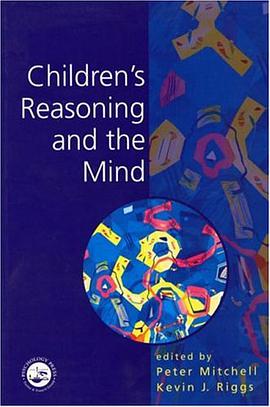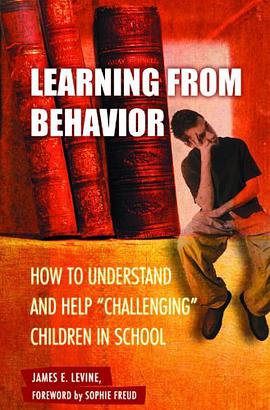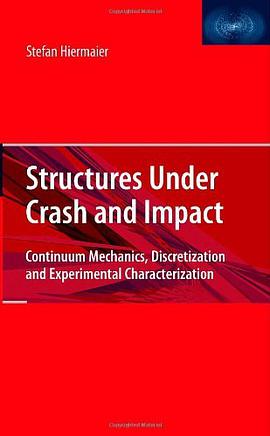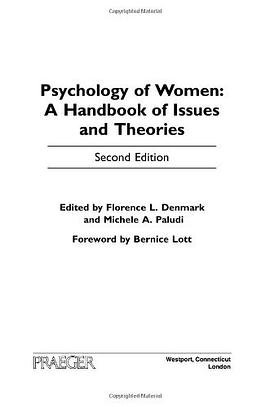

具体描述
Psycholinguistics, the study of the psychology of language, studies how we speak, read, remember, learn and understand language. This textbook examines each of these aspects of language in detail. It emphasizes how data from a number of sources are used to generate theories of language performance. In addition to conventional psychology experiments, it emphasizes the cognitive neuropsychology of language by showing how studies of the effects of brain damage on linguistic performance can inform our understanding of intact language processing. The book also examines in depth the impact of influential connectionist modelling. It also provides an integrative overview of how the components of the language system combine together. The text begins with the input side of language, and then covers the dyslexias. Moving on from how we understand single words, the book then examines how we process and remember phrases and sentences, how sentences are connected to form discourse, and how we represent the meaning of language. There is a detailed review of brain-damaged speech and language, and developmental issues are covered. Finally, the book places language in a wider context: is language unique to humans? Does language influence the way we think?
作者简介
目录信息
读后感
评分
评分
评分
评分
用户评价
相关图书
本站所有内容均为互联网搜索引擎提供的公开搜索信息,本站不存储任何数据与内容,任何内容与数据均与本站无关,如有需要请联系相关搜索引擎包括但不限于百度,google,bing,sogou 等
© 2025 book.quotespace.org All Rights Reserved. 小美书屋 版权所有




















